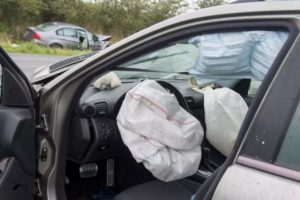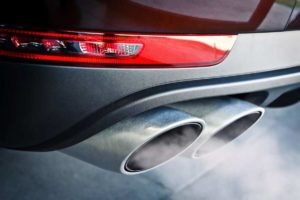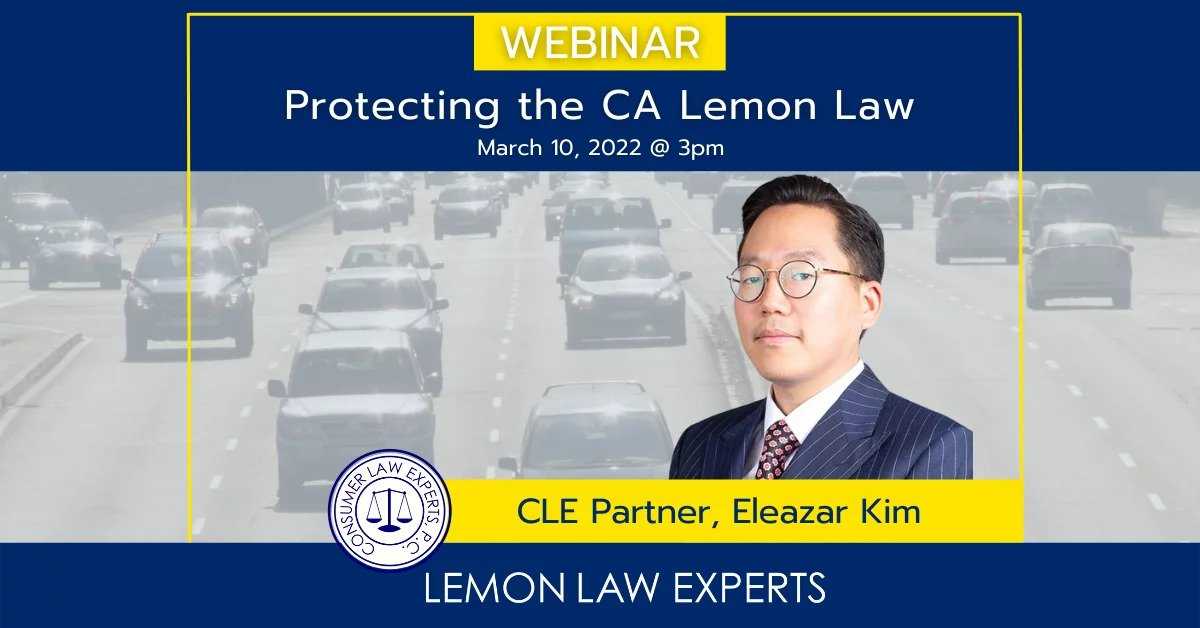As automotive design and manufacturing continues to increase in sophistication, the hazards presented by product defects seem to generate recalls in increasing numbers. In 2014, the National Highway Traffic Safety Administration issued about 550 recalls covering more than 53 million vehicles. In 2015, there were nearly 900 automotive product recalls covering an even greater number of vehicles.
Two recent stories have once again highlighted the US auto industry’s history of high profile product recalls and scandals.
Defective Takata Airbags Lead to Charges Against Executives
Just a few weeks ago, the United States federal government announced the terms of a guilty plea that will settle the criminal case against Takata Corporation, the world’s largest manufacturer of passenger vehicle airbags. Takata was fined $1 billion for its role in concealing dangerous defects in its airbags, which sometimes deploy with excessive force and propel dangerous metal fragments at drivers and
passengers. The billion-dollar fine sets aside $125 million as victim compensation, while most of the rest goes to U.S. auto manufacturers for losses related to the Takata airbag recalls.

In a separate criminal case, a federal grand jury handed down indictments for wire fraud and conspiracy against three Takata executives. The criminal prosecution against Takata was based on evidence that the manufacturer knew about the defect as early as 2000, but concealed evidence of the known risks for years afterward.
So far, more than 34 million vehicles have been affected in a series of recalls that began in 2013, while American auto manufacturers are still announcing airbag recalls in 2017. Replacement of the defective airbag systems will not be complete before 2019 or 2020.
The problem with the Takata airbags has to do with the way it “explodes” into action. An inflator system fueled by chemical propellant in a metal cartridge is mounted within the airbag. Under certain circumstances, the propellant can generate an excessive explosion, destroying the cartridge and spraying its fragments throughout the passenger compartment. Through January 2017, eleven American fatalities have been attributed to this defect.
Fiat Chrysler Diesel Emissions Testing Scandal Echoes Volkswagen Saga
While the Takata airbag scandal is the biggest current auto defect story, it’s by no means the only one. Just a day before Takata’s executives were indicted on criminal charges, the Environmental Protection Agency leveled accusations of cheating against Fiat Chrysler for undisclosed use of software that could affect the accuracy of antipollution emissions testing.

Fiat Chrysler has denied the charges, but so far has also failed to provide an explanation for using software that disguises the true level of restricted tailpipe pollutants in certain diesel models. Only about 100,000 Dodge Ram and Jeep Cherokee diesel-powered units in the U.S. are thought to be affected by the suspicious software, and the EPA is not considering any vehicle recalls.
Fiat Chrysler’s new problems with the EPA appear to represent a much smaller case than the Volkswagen “defeat device” saga of 2014-16. When VW was caught using prohibited software meant to disguise the level of tailpipe emissions in its diesel models, the manufacturer wound up recalling about 9 million vehicles. Volkswagen also incurred costs, fines and penalties of about $20 billion in the U.S. alone. Additionally, seven VW executives and employees faced criminal charges.
Billions and Billions in Automotive Recall Expenses Since 1970
The Takata and Volkswagen product recall scandals are among the biggest and most expensive cases of their kind in automotive history, and the total costs of each are not likely to be known for some time. Here are some other examples of major automotive product recalls through the years:
Ford Transmission Problems, 1976-80
Failure of a safety catch in all Ford models caused vehicles to slip unexpectedly from Park to Reverse. After about 6,000 accidents were traced to this cause, Ford incurred about $1.7 billion in costs to repair the problem in 21 million vehicles.
Toyota Accelerator Pedal Problems, 2004-10
Due to a defective interface between floor mats and pedal controls, many Toyota models presented an unacceptable risk of sudden acceleration and pedal failure. The company’s first response was to replace the floor mats. Eventually, it redesigned its pedal systems. Ultimately, the total cost to the manufacturer was more than $5 billion.
Takata Seatbelt Defects, 1995
 When a defective Takata seatbelt latch was found to present a significant risk of trapping drivers and passengers in their cars, Japanese and American automakers recalled 8.3 million vehicles at an estimated cost of $1 billion.
When a defective Takata seatbelt latch was found to present a significant risk of trapping drivers and passengers in their cars, Japanese and American automakers recalled 8.3 million vehicles at an estimated cost of $1 billion.
Ford Fire Hazard Defects, 1996
About 14 million vehicles were recalled when a defect in cruise control deactivation was found to present an excessive risk of fire. In the same year, a similar risk of fire was identified in the ignition system, which meant the recall of 8.7 more vehicles. The total cost to Ford for these recalls was about $480 million.
Fiat Chrysler Wireless Hacking Risk, 2015
In a controlled demonstration of remote automotive software security flaws, hackers took control of a Jeep Cherokee while it was being driven. In response, the manufacturer recalled 1.4 million vehicles to tighten up its wireless communication security.
General Motors Ignition Switch Defect, 2014
GM recalled nearly 6 million vehicles to repair an ignition switch defect that caused car engines to suddenly shut off while driving. Investigation revealed evidence that GM had concealed reports of the defect for more than ten years.
General Motors Motor Mount Defect, 1971
Weaknesses in certain GM engine mountings generated serious risks that the engine could rise from its mooring and cause the driver to lose control. This recall covered about 6.6 million vehicles.
While there will always be a need to monitor safe on-road performance of vehicles and automotive components, the Volkswagen and Takata examples of outright cheating in product testing and reporting raise a different set of problems. Apparently, even punishments imposed by the market—like Toyota’s loss of $32 billion in market value in 2009—might not always be enough to deter automotive executives from wrongdoing. Perhaps the recent indictment of Takata and Volkswagen executives will remind corporate leaders of the criminal risks of noncompliance.
These types of auto scandals have affected hundreds of thousands of consumers nationwide. Luckily, United States legislatures have enacted various statutes that protect consumers’ rights. For example, the California Lemon Law and the California Consumer Legal Remedies Act protects California consumers when they purchase or lease defective vehicles, or when the dealings that induced the purchase or lease were fraudulent. Most other states in the U.S. have enacted their own versions of the Lemon Laws and consumer fraud statutes. In the event punishments imposed by the market are not enough to deter wrongdoing, consumers can rest easy and rely on their respective consumer protection statutes to offer assistance.





 When
When 

